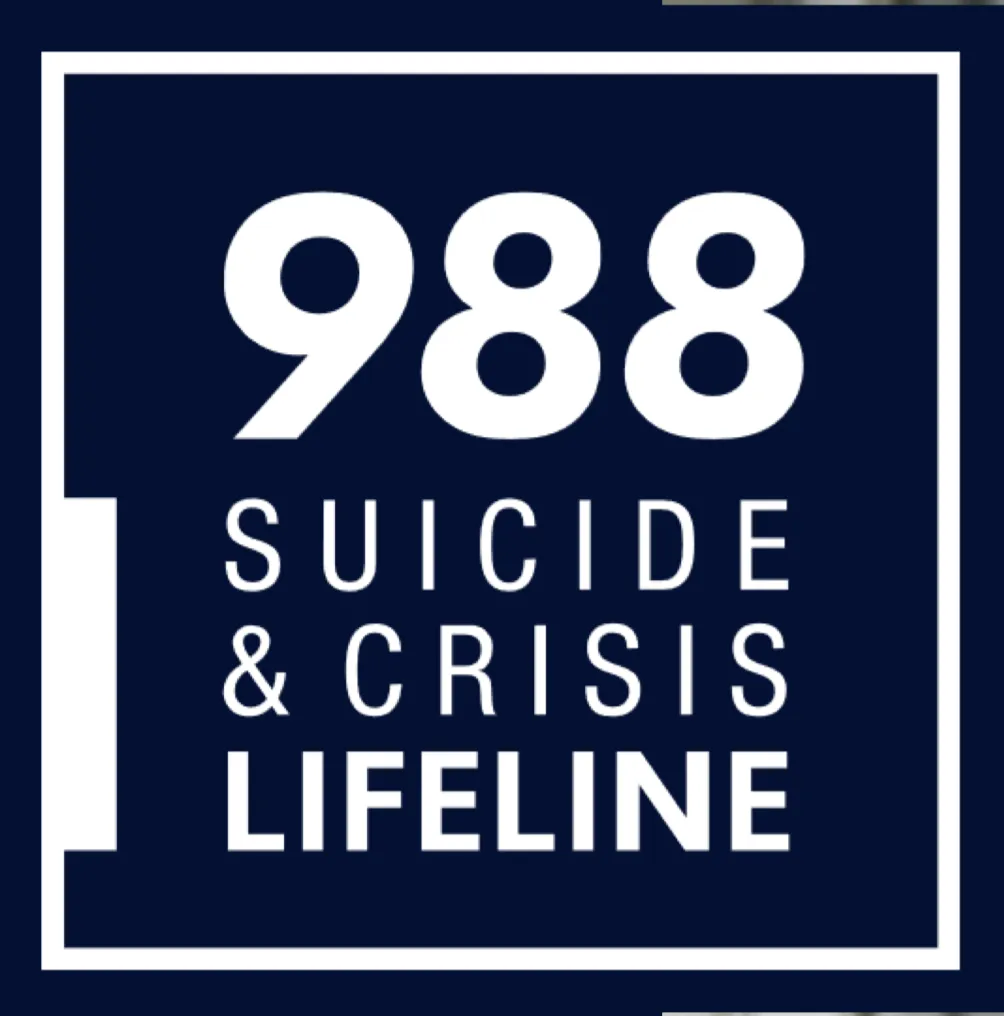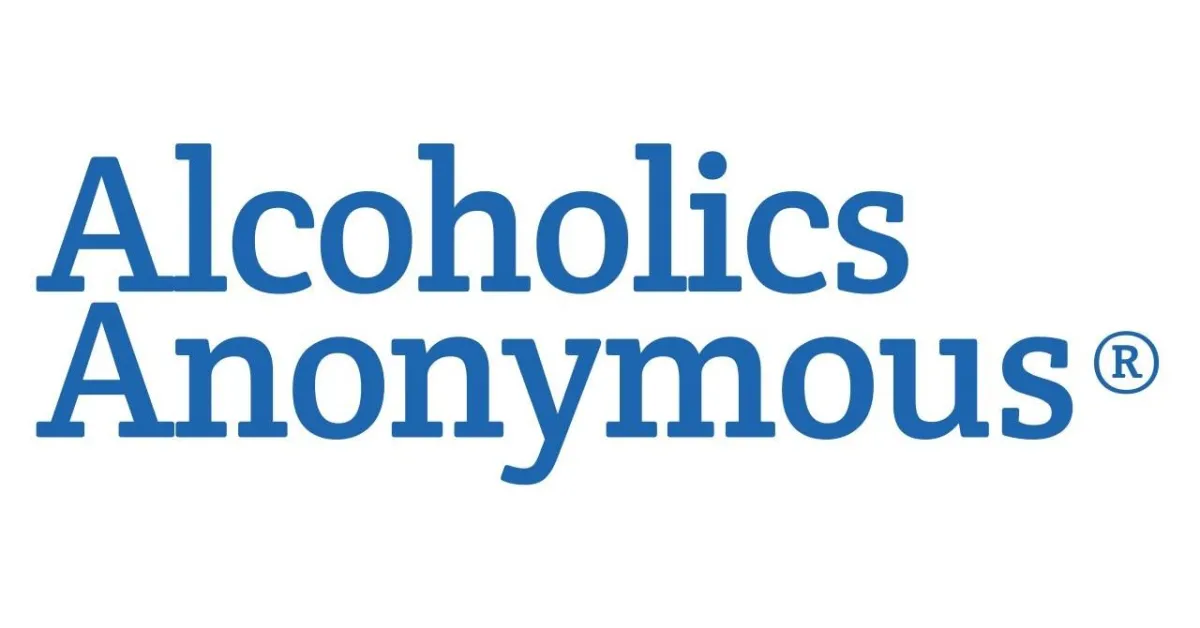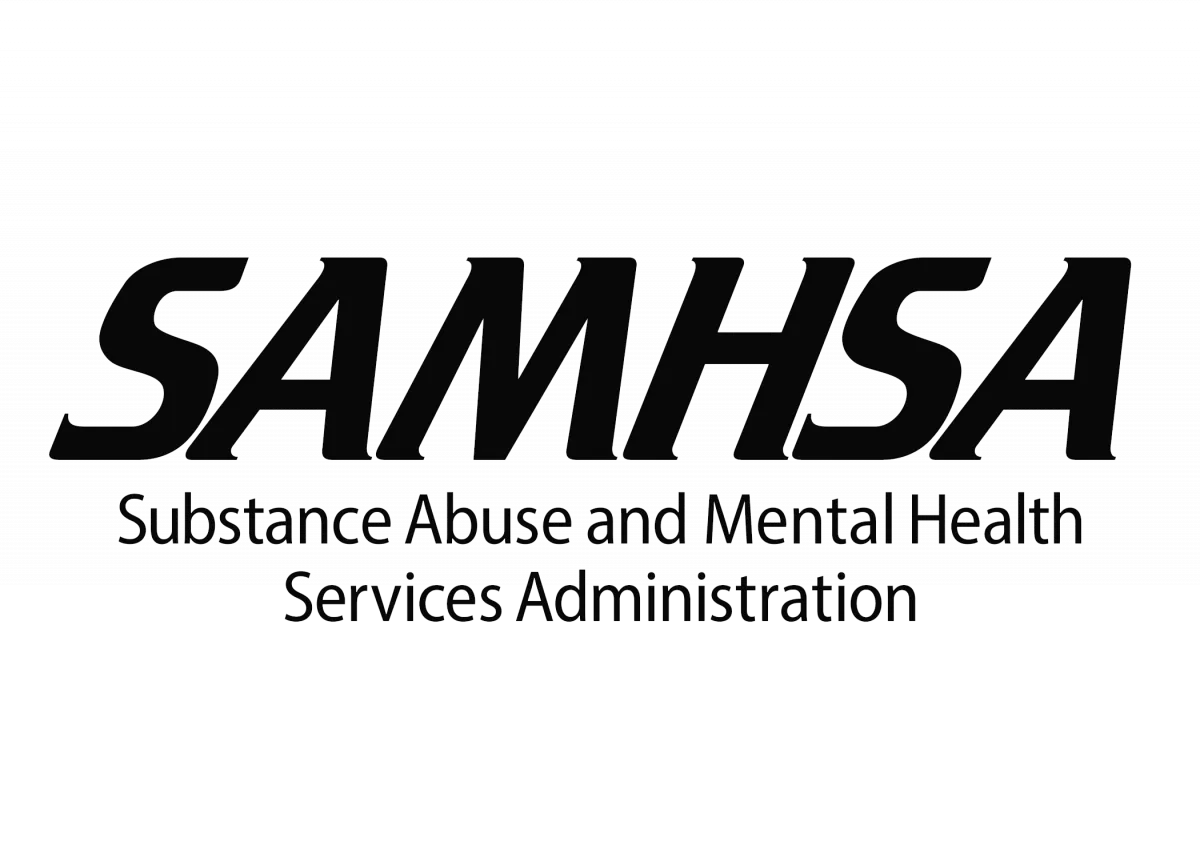FAQS
How does life coaching differ from therapy?
While both life coaching and therapy aim to support personal growth, they have distinct approaches. Therapy typically focuses on addressing past traumas, emotional healing, and diagnosing mental health conditions. On the other hand, life coaching is forward-focused, centered around setting and achieving goals, enhancing performance, and unlocking potential. If you're seeking to overcome specific challenges from your past, therapy might be more suitable. If you're looking to create a roadmap for personal or professional success, life coaching could be the right fit.
How often are coaching sessions conducted?
Coaching sessions frequency can vary based on your needs and preferences. Typically, we recommend starting with weekly sessions to establish momentum and make consistent progress. As you gain confidence and traction towards your goals, sessions might transition to bi-weekly or monthly. The flexibility of our approach ensures that the coaching frequency adapts to your evolving requirements, ensuring optimal support and accountability.
What if I'm unsure about my goals and direction?
It's completely normal to feel uncertain about your goals and direction. Our coaching process begins with an initial assessment where we'll work together to clarify your aspirations, values, and priorities. Through insightful questioning and exploration, we'll collaboratively uncover your passions and potential areas for growth. If you're not entirely sure about your goals, our coaching can help you gain clarity and chart a course that aligns with your authentic self. Remember, the journey towards clarity is an integral part of the coaching process itself.

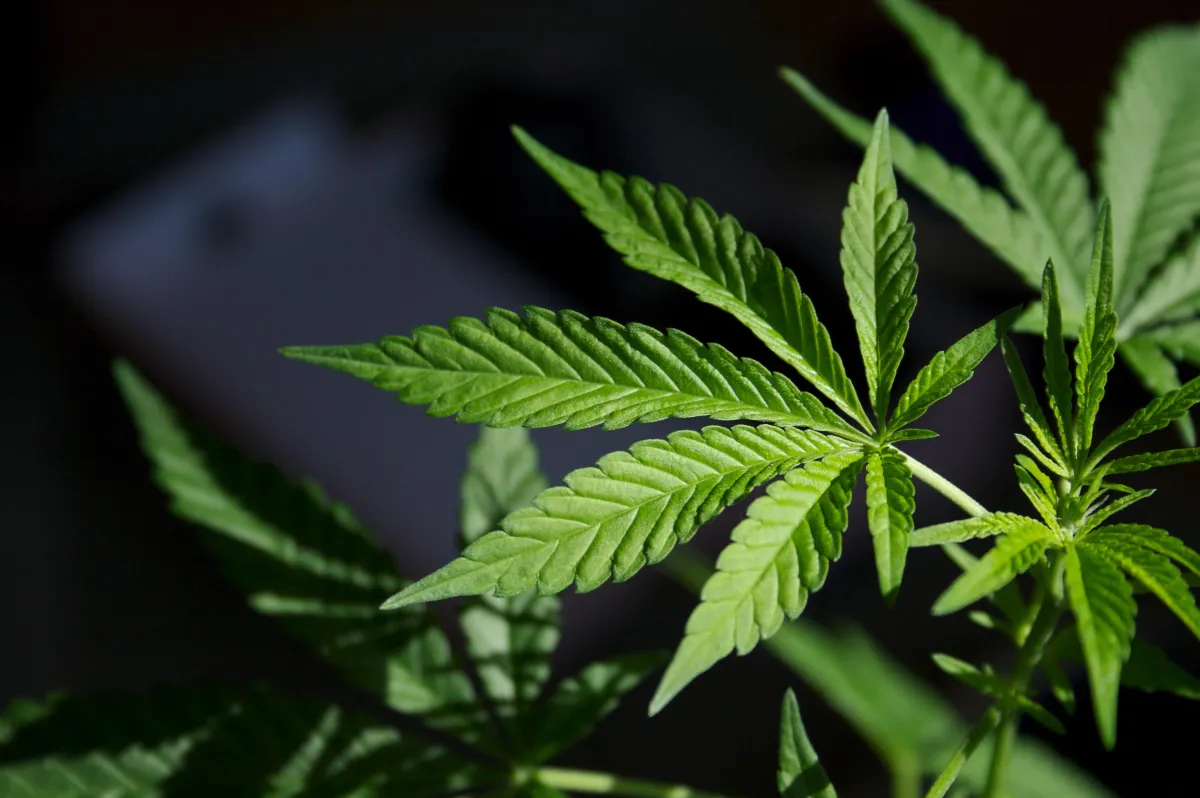
Marijuana Abuse
Marijuana abuse refers to the problematic use of marijuana that negatively impacts an individual's daily life and functioning. While marijuana is often used for its relaxing and euphoric effects, chronic and excessive use can lead to a range of adverse effects, including impaired memory, cognitive difficulties, and reduced motivation. Long-term abuse can result in dependency, where individuals feel a compulsive need to use the substance despite experiencing negative consequences in their personal, social, or professional lives. Additionally, marijuana abuse can exacerbate mental health issues such as anxiety, depression, and in some cases, trigger psychotic episodes. Addressing marijuana abuse requires a comprehensive approach, including education, support systems, and professional intervention to help individuals regain control and improve their overall well-being.
Symptoms
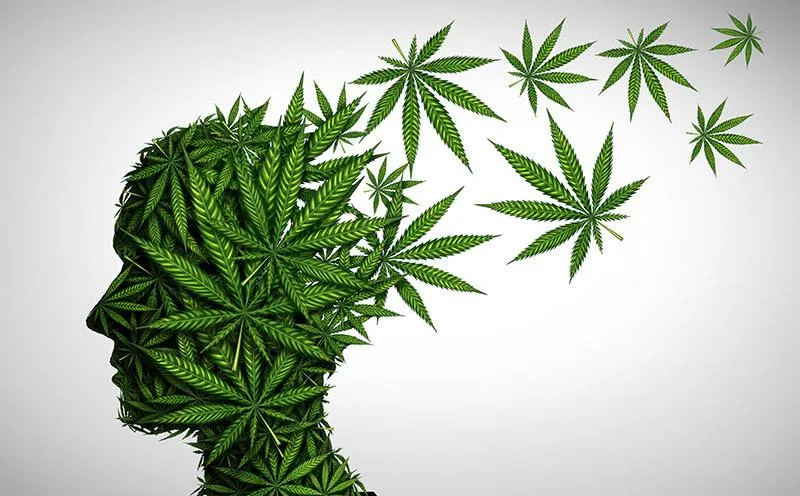
Symptoms of marijuana abuse can vary but often include both behavioral and physical signs. Common symptoms include:
1. Increased Tolerance: Needing to use more marijuana over time to achieve the same effects.
2. Withdrawal Symptoms: Experiencing irritability, mood swings, sleep difficulties, and cravings when not using marijuana.
3. Neglecting Responsibilities: Failing to fulfill obligations at work, school, or home due to marijuana use.
4. Reduced Motivation: Exhibiting a lack of motivation or interest in activities once enjoyed, often referred to as "amotivational syndrome."
5. Cognitive Impairment: Experiencing memory problems, difficulty concentrating, and impaired judgment.
6. Changes in Social Behavior: Withdrawing from family and friends, preferring to spend time with others who use marijuana.
7. Physical Symptoms: Red eyes, dry mouth, increased appetite, and lethargy.
8. Mental Health Issues: Increased anxiety, depression, or paranoia, and in some cases, experiencing psychotic symptoms such as hallucinations or delusions.
9. Continued Use Despite Problems: Persisting in marijuana use despite recognizing the negative impact on one's life, including health, relationships, and overall functioning.
10. Time Spent on Use: Spending a significant amount of time obtaining, using, or recovering from the effects of marijuana.
Recognizing these symptoms is crucial for seeking appropriate help and support to address marijuana abuse effectively.
Treatment Options
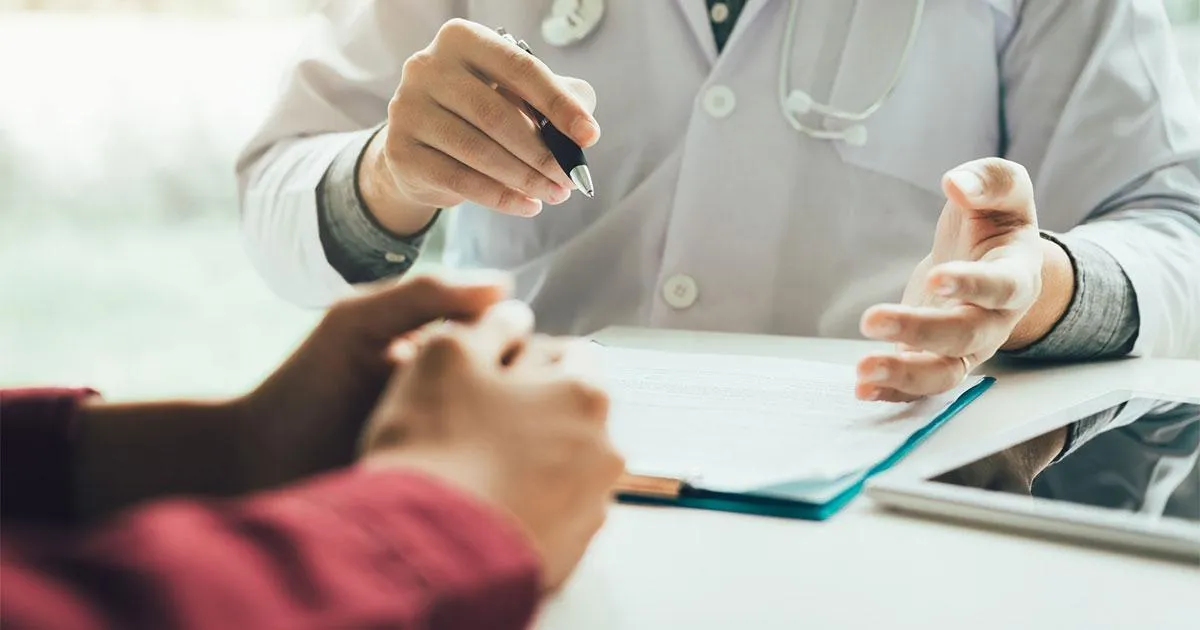
Treatment options for marijuana abuse can vary depending on the individual's specific needs and circumstances. However, some of the most effective treatment options include:
1. Cognitive Behavioral Therapy (CBT): CBT helps individuals identify and change negative thought patterns and behaviors associated with marijuana use. It focuses on developing coping strategies and problem-solving skills.
2. Motivational Enhancement Therapy (MET): MET is designed to boost an individual's motivation to quit using marijuana. It involves exploring the individual's reasons for change and creating a personalized plan for achieving their goals.
3. Contingency Management: This approach uses positive reinforcement to encourage abstinence from marijuana. Individuals receive rewards or incentives for meeting specific treatment goals, such as passing drug tests.
4. Support Groups: Participating in support groups like Marijuana Anonymous (MA) provides individuals with a community of peers who are also working towards recovery. These groups offer mutual support, shared experiences, and encouragement.
5. Counseling: Individual or group counseling sessions with a licensed therapist can address underlying issues contributing to marijuana abuse, such as stress, trauma, or co-occurring mental health disorders.
6. Medication: While there are currently no medications specifically approved for treating marijuana dependence, some medications may help manage withdrawal symptoms or co-occurring conditions, such as anxiety or depression.
7. Outpatient and Inpatient Treatment Programs: Depending on the severity of the abuse, individuals may benefit from structured treatment programs. Outpatient programs offer flexibility, allowing individuals to attend therapy sessions while continuing their daily activities. Inpatient programs provide intensive, round-the-clock care in a residential setting.
8. Mindfulness and Meditation: Mindfulness practices can help individuals manage cravings, reduce stress, and improve overall mental health. Techniques such as meditation, yoga, and deep breathing exercises can be beneficial.
9. Lifestyle Changes: Encouraging a healthy lifestyle with regular exercise, a balanced diet, and sufficient sleep can support recovery. Engaging in hobbies and activities that provide fulfillment and purpose can also help individuals replace marijuana use with positive behaviors.
10. Family Therapy: Involving family members in the treatment process can improve communication, provide support, and address any family dynamics that may contribute to marijuana abuse.
A combination of these treatment options, tailored to you needs, often yields the best results in overcoming marijuana abuse and achieving long-term recovery.
Uncover the Truth: Exclusive Marijuana Video Insights
October 19, 2020
Did traffic fatalities go up or down after cannabis legalization?
February 19, 2018
The evidence clearly indicates that long-term marijuana use can lead to addiction, but are there negative consequences?
January 12, 2024
The temporary quintupling of heart attack risk associated with cannabis smoking may be due to the increased heart rate, blood pressure, and carbon monoxide levels.
February 26, 2020
Are the apparent adverse effects of heavy cannabis use on bone just due to users being skinnier?
November 6, 2019
The evidence linking cannabis use to psychotic disorders is considered strong enough to warrant a public health warning.
July 3, 2019
Pregnant and breastfeeding women should probably be advised to either decrease, or where possible, cease cannabis use entirely. And, couples trying to conceive may also want to consider cutting down.
March 18, 2019
The biggest barrier to reducing toxic pesticides in cannabis is, not surprisingly, the cannabis industry itself.
October 3, 2018
On a puff-by-puff basis, cannabis smoke deposits four times more tar in the lungs than tobacco, but does this translate into increased cancer risk?
August 20, 2018
Cannabis vapor has less tar, but may contain more ammonia. What happens to respiratory symptoms when regular users of joints, blunts, pipes, and bongs switch to a vaporizer?
April 18, 2018
If you start smoking marijuana as an adult, how much cannabis is too much?
April 16, 2018
Is the American Academy of Pediatrics’ opposition to cannabis legalization just reefer madness revisited?
February 21, 2018
Every year, cannabis is estimated to result in two million years of healthy life lost due to disability. How much is that compared to alcohol and tobacco?
Available Help
988 Suicide and Crisis Lifeline We can all help prevent suicide. The 988 Lifeline provides 24/7, free and confidential support for people in distress, prevention and crisis resources for you or your loved ones, and best practices for professionals in the United States.
Find A.A. Near You This website does not contain a meeting finder. Contact one of the A.A. resources below for a meeting list in that location and the surrounding area.
The Online Intergroup of Alcoholics Anonymous, or OIAA, is an International service organization established in accordance with the Ninth Tradition of Alcoholics Anonymous A.A., specifically for the purpose of assisting online.
All of the efforts of Narcotics Anonymous are inspired by the primary purpose of our groups. Upon this common ground we stand committed.
Marijuana Anonymous is a simple program based on one addict helping another.
A simple, supportive approach to mental health care. Find a therapist who fits your needs and takes your insurance.
The United States Department of Veterans Affairs is a Cabinet-level executive branch department of the federal government charged with providing lifelong healthcare services to eligible military veterans at the 170 VA medical centers and outpatient clinics located throughout the country.
NAMI is the National Alliance on Mental Illness, the nation’s largest grassroots mental health organization dedicated to building better lives for the millions of Americans affected by mental illness.
If you or someone you know has a mental illness, is struggling emotionally, or has concerns about their mental health, there are ways to get help.
The Substance Abuse and Mental Health Services Administration (SAMHSA) is the agency within the U.S. Department of Health and Human Services (HHS) that leads public health efforts to advance the behavioral health of the nation and to improve the lives of individuals living with mental and substance use disorders, and their families.
The National Network of Depression Centers (NNDC) develops and fosters connections among members to use the power of our network to advance scientific discovery, and to provide stigma free, evidence-based care to patients with depressive and bipolar illnesses.

